Healthy pantry staples: How to organise your pantry for a better lifestyle
A healthy eating habit starts with mindful choices, organised space and healthy pantry staples. Maintaining a well-balanced diet is essential for energy production, boosting our immunity and protecting us against certain diseases. While many of us want to eat healthily, getting started is often the most challenging part and can leave us feeling overwhelmed.
In a world where we are constantly exposed to the temptation of processed and fast foods, it’s easy to fall into the habit of less-healthy decisions. Despite this, indulging in a treat here and there is totally fine, but we should focus on the overall quality of our diet being to promote health. Consistency is key!
That is why, with the help of nutritionist and ClickClack expert Liv Kaplan, we’ve put together some simple tips to help kickstart and maintain healthy eating habits.
Tip 1: Choose whole foods first
The best way to get your intake of essential nutrients is to fill your diet with plenty of whole foods. For example: vegetables, fruits, legumes, nuts, meat, whole grains, fish and eggs. To maintain a healthy lifestyle, we need to be meeting our intake of protein, carbohydrates, fats and fibre. As these whole foods are considered ‘nutrient dense’, they contain a variety of nutrients to help protect us from chronic diseases.
Tip 2: Organise your space
Maintaining an organised space and routine is often the answer to many dilemmas – sustaining a healthy lifestyle is no different! Never underestimate the power of a well-organised pantry and routine to keep you on top of things.
We recommend keeping food items in your fridge and pantry in airtight containers to keep food fresh and ordered. This will also help you easily see the options available to you. Our pantry organisation range is excellent for this, featuring clear, airtight containers that are sure to up your organisation game. For some more tips on keeping your pantry sorted, check out our ‘Pantry Organisation 101’ guide.
Tip 3: Plan your plate
One of the most common issues people struggle with when it comes to healthy eating is being short of time. So many of us live in fast-paced environments and constantly feel short of time, which in turn increases the temptation to just order in food. However, this is easily combated by setting aside some time each week to plan out your meals. We recommend dedicating a few minutes each Sunday to plan your plate and get your grocery shopping done ahead of time.
In addition, meal prepping can always go a long way – especially for those short of time. Don’t hesitate to cook extra when you can and freezing your meals, so they’re easy to grab, defrost and go. For some more guidance on prepping and freezing, head on over to our ‘Freezing Food’ guide.
Tip 4: Choose your healthy pantry staples
Keeping plenty of healthy cupboard staples enables you to always have healthy options on hand. In addition, we recommend keeping plenty of mixed spices to help add flavour to your food – this is something you can experiment and have a lot of fun with.
To help get you started, Liv Kaplan has shared her list of pantry staples below. Keep in mind, Liv highlights there are plenty of standard pantry staples, but when you are following a certain way of eating, your staples may change! Liv’s pantry consists of gluten-free and sugar-free options; however, you may like to swap this to your own preference.
Oils, Vinegar, Condiments
- Extra virgin olive oil
- Dijon Mustard
- Seeded mustard
- Real mayo
- Concentrated bone broth
- Apple cider vinegar
- Red wine vinegar
- White wine vinegar
- Tamari or wheat-free or gluten-free soy sauce
- Coconut oil
- Avocado oil
- Spray Oil
- Salt (fine)
- Sea salt (flakey) or Rock salt
- Pepper
Basic spices
- Oregano
- Thyme
- Rosemary
- Basil
- Turmeric
- Cinnamon
- Ginger
- Cumin
- Coriander
- Smoked paprika
- Sweet paprika
- Chilli powder
Dry Goods
- Nut butter (peanut butter, almond butter, cashew butter)
- Tahini (hulled or unhulled)
- Dark chocolate (85-90% cacao)
- Vanilla protein powder
- Raw nuts (almonds, macadamias Brazil nuts, cashews, walnuts, pecans, hazelnuts)
- Raw seeds (pumpkin, sunflower, chia, sesame, flax, hemp)
- Dry pulses (lentils, chickpeas, mung beans)
- Pulse pasta
Canned
- Fish (tuna, mackerel, salmon, sardines) in spring water or olive oil
- Coconut milk
- Coconut cream
Baking
- Coconut flour
- Cacao butter
- Cocoa powder OR raw cacao powder
- Almond meal
- Cacao nibs
- Liquid stevia
- Pure monk fruit or coconut sugar
- GF Baking powder
- Baking soda/ Bicarb soda
What are your favourite healthy eating tips? Comment below!
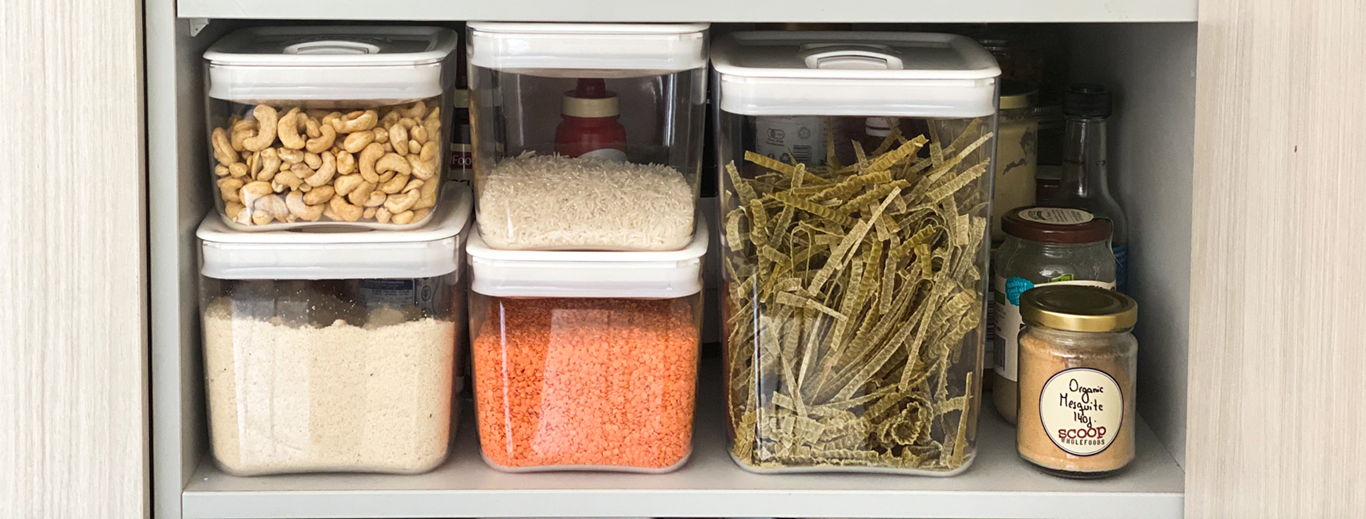

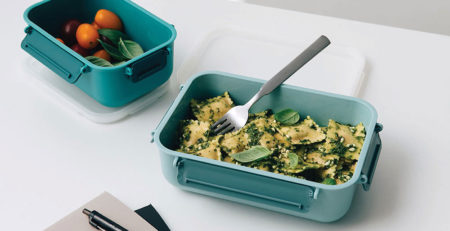
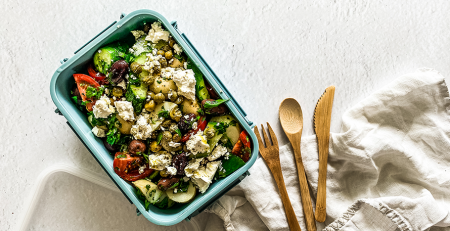
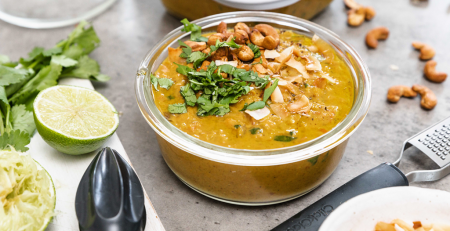
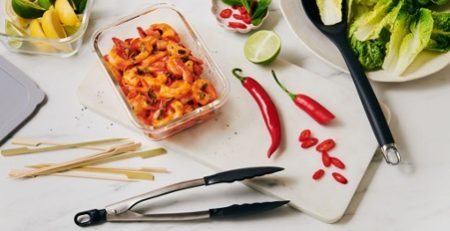
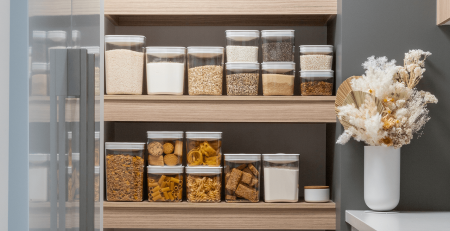
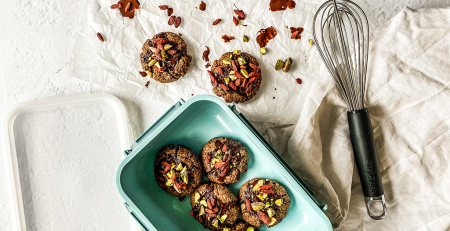
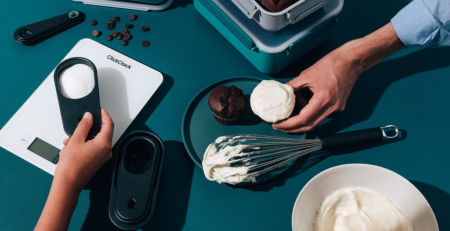
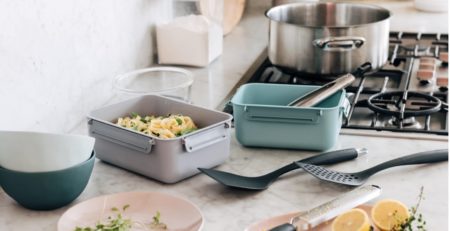

Leave a Reply